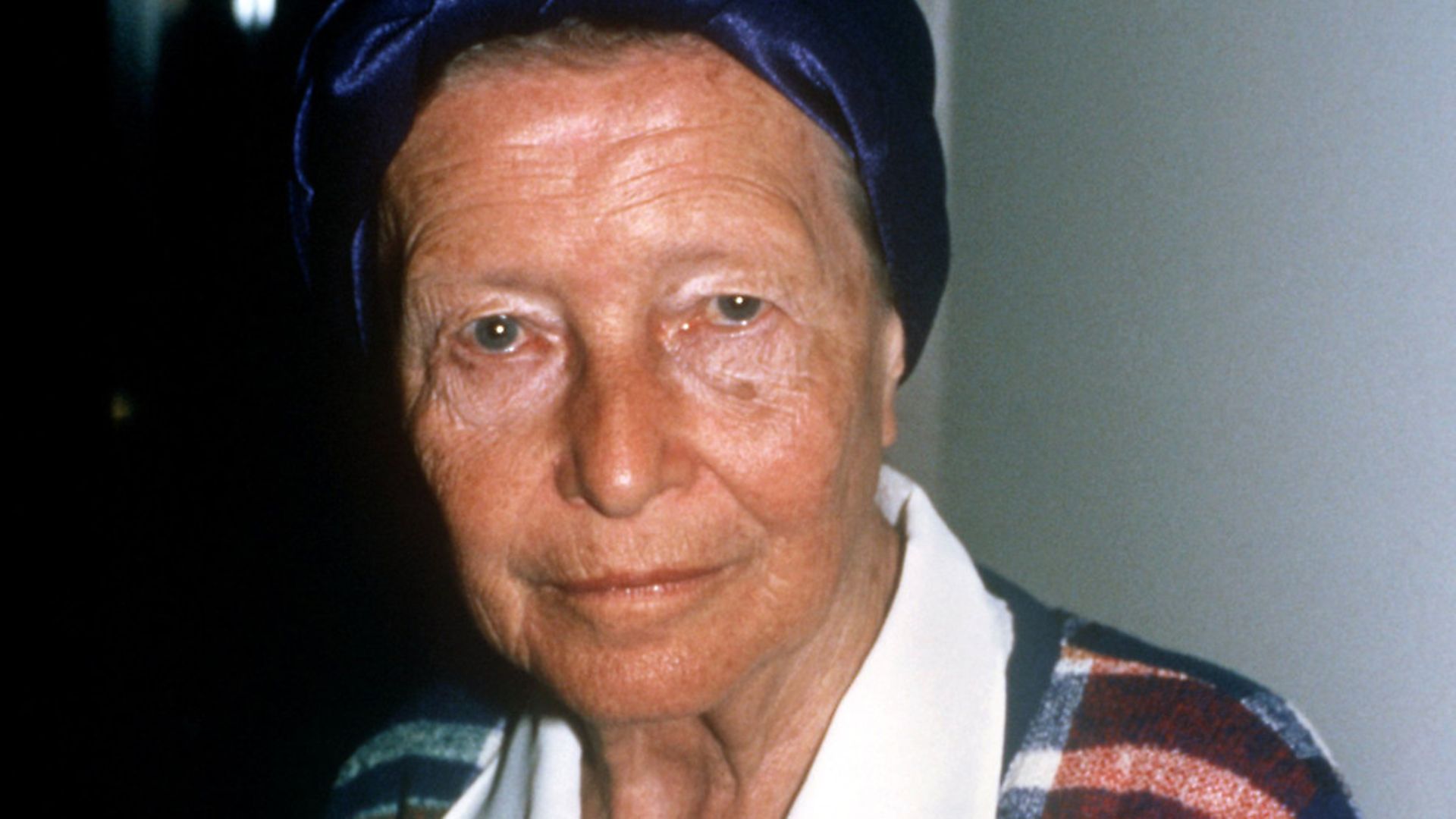
To mark International Women’s Day YASMIN ALIBHAI-BROWN looks at how the EU has made a difference to women
International Women’s Day is upon us. There will be celebrations, marches, discussions, a brief but urgent period when females across the world find ways to say we are, we matter, we are half the human population, we will not submit forever to male cruelty, harassment, power and oppression, our time has come, we will be heard.
This is also the year when we marked 100 years since (some) British women won the right to vote.
Oh but how shallow and incomplete is our knowledge of these struggles. Names habitually evoked include the Pankhursts, Millicent Fawcett and other unbeatable Suffragettes and 20th century feminists such as Germaine Greer and American trailblazers Andrea Dworkin, Betty Friedan or Gloria Steinem. At one event recently, a staunch Brexiter businesswoman, Mrs L-B, opined: ‘All the pioneers were American or British. Anglo-Saxons led the way. What has the EU ever done for feminism?’
Where to start with such pumped-up swaggerers? This woman had never heard of Simone de Beauvoir, while my feminism was shaped by this deep thinker. On my wall I have this line writ large from her seminal book, The Second Sex: ‘her wings are cut and then she is blamed for not knowing how to fly.’
The Dansk Kvindesamfund (Danish Women’s Society) was founded in 1871. Line Luplau was one of its movers and shakers. The society was partly responsible for the revised Danish constitution of 1915, giving women the vote and equal opportunity laws during the 1920s which entitled Danish women to first class education, fair pay, marital and other rights.
In the Netherlands, Aletta Jacobs (1854–1929) became the first woman to study at university and to become a medical doctor. She was a lifelong campaigner for women’s suffrage, equal rights, birth control too, for women across the world. Wilhelmina Drucker (1847–1925) was a politician, a prolific writer and a peace activist, who founded political and feminist organisations. There were other such indomitable characters in Germany. Anita Augspurg, a radical feminist, founded the International Woman Suffrage Alliance in 1904 and by 1913 had become quite a scary militant. Together with others they won the vote in 1918.
These historical struggles led to assertive and abiding feminism in some of the older European nations. They don’t ask, they expect. Scandinavian women get free childcare, assume parity with males in the home and workplace. Perfect equality has not been reached, but they are so much further ahead than us.
Equality between women and men is one of the European Union’s founding values. It was included in the Treaty of Rome in 1957. Through laws, persuasion and mainstreaming of gender, the Union is trying to achieve the goal, with some success. Participation in the labour market is going up in all member states. Pay equality is a harder and slower road but the EU is on it. EU law ensures maternity income and leave for mums, including part-timers.
A new study concludes that Brexit is one the greatest threats to women’s rights and social inclusion.
Researchers from the University of Surrey and University of Canterbury, New Zealand, investigated the potential impact of Brexit on gender equality in the UK and examined the country’s previous voting record in the Council of the European Union on such issues. Women’s groups in Britain fear that the 2010 Equality Act may wither away. Researchers point to the UK’s resistance to the Pregnant Workers Directive, on the basis that it was going to be too costly for employers.
Additionally, the UK’s restrained position on gender balance on corporate boards and a desire to avoid regulation in this area, shows a preference to preserve the status quo within businesses, which is often discriminatory towards women.
Professor Roberta Guerrina, head of politics at the University of Surrey, said: ‘Brexit poses the greatest modern day threat to women’s rights and gender equality policies in the UK. European legislation affords a degree of protection to women in the UK, but once we leave Europe there is no guarantee that the same levels of protection will remain intact.’
In the US and UK, profits are always put above socially progressive policies. Trump and our Tories totally disdain such policies. The EU, also a capitalist zone, balances the two. Member states, MEPs and EU commissioners talk the talk and walk the walk, and really do understood that gender inequality is man-made and can be unmade with conviction and intelligence.
After Brexit we return to economic Darwinism, a bonfire of standards and regulations, buccaneers chasing big yields with no time to waste on namby- pamby stuff like fair pay, equality and human dignity. So, to Mrs L-B, I say, Europe and the EU have done more for women than she can ever understand. Bone-headed people like her will only learn that when it’s too late.









